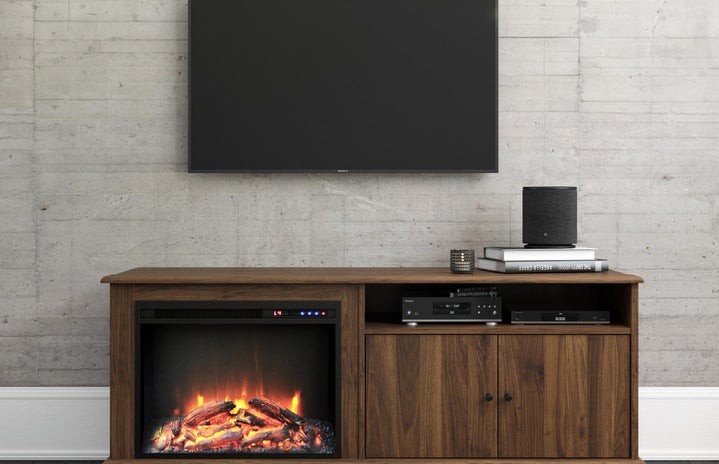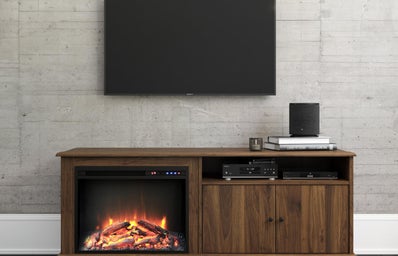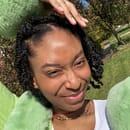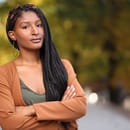Big Brother is a reality tv show that most people, by now, would consider a family favorite. Every summer, unique strangers all from different walks of life live together for months at a time battling it out for a $500k grand prize. It’s somewhat of a social experiment coupled with mental and physical competitions that could either grant power or a punishment. This fall marked the show’s 22nd season and 2nd all-star season. In the show’s previous years, diversity has always been a source of in-fighting between production and fans. And while many were excited about the legendary line-up, this year the houseguests proved to be just as white and stale as ever. What started in August as the ideal quarantine entertainment, quickly turned into disappointment and an ultimately sad and predictable outcome that led many viewers to boycott the show.
The game of Big Brother is said to be reflective of today’s society, but when reflecting on the show’s history, that can only be made true by the systemic racism, microaggressions, and blatant prejudice seen inside the Big Brother house. The problem begins when less than four BIPOC are casted every season. And nearly every season, when a majority white alliance forms, even more problems begin to arise.
Big Brother is a numbers game because the people in the house ultimately decide who goes every week. When this is how the game operates, creating meaningful (or seemingly meaningful) connections and bonds are necessary for survival. So when BIPOC are thrown into the house with only one or two other people that look like them, come from similar backgrounds, and share similar experiences; here lies the problem. It is in our nature to gravitate towards people who look like us. When more than half the house is white, BIPOC are already put at a disadvantage and in a hole that is too deep to climb up out of, although few have gotten close.
In that house, everything you say matters. Every look and every move is considered purposeful and paranoia is at an all time high so things as little as cultural differences are enough to put a target on your back. This year’s season was no different, although many fans of the game hoped and prayed it would be. A lot of long-time viewers even found themselves rejoicing that there were five BIPOC cast members this year…out of sixteen. Every one of them were picked off nearly halfway through the season. It’s clear something has to change and after years and years of the same outcome, it’s becoming evidently clear that it starts with the production and casting teams.
Last month, Big Brother all-star and icon Da’Vonne Rogers was evicted from the Big Brother house and gave an eviction speech that told the remaining houseguests, viewers at home, and CBS something they needed to hear. So eloquently put, she used her two minute speech as a call to action and raised awareness about the racism taking place inside the house and outside in the real world.
She is the definition of a true all-star and has already changed the game more than she’ll ever know. As far as whether the show will continue business as usual or not, I don’t know. But one thing is for sure, if it does, I won’t be tuned in to find out.



